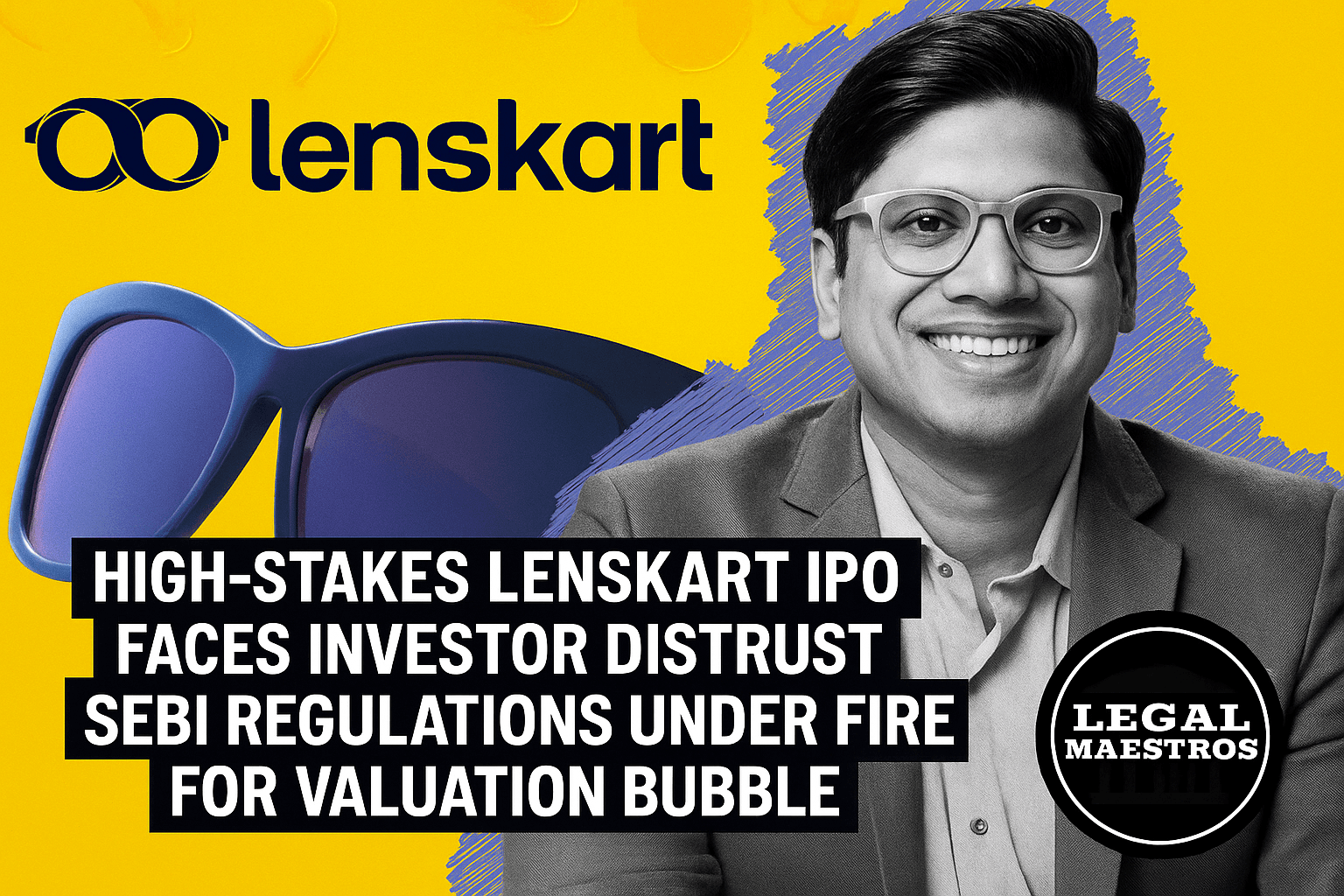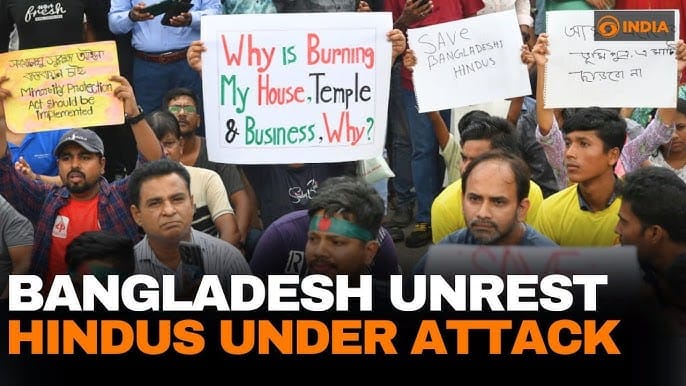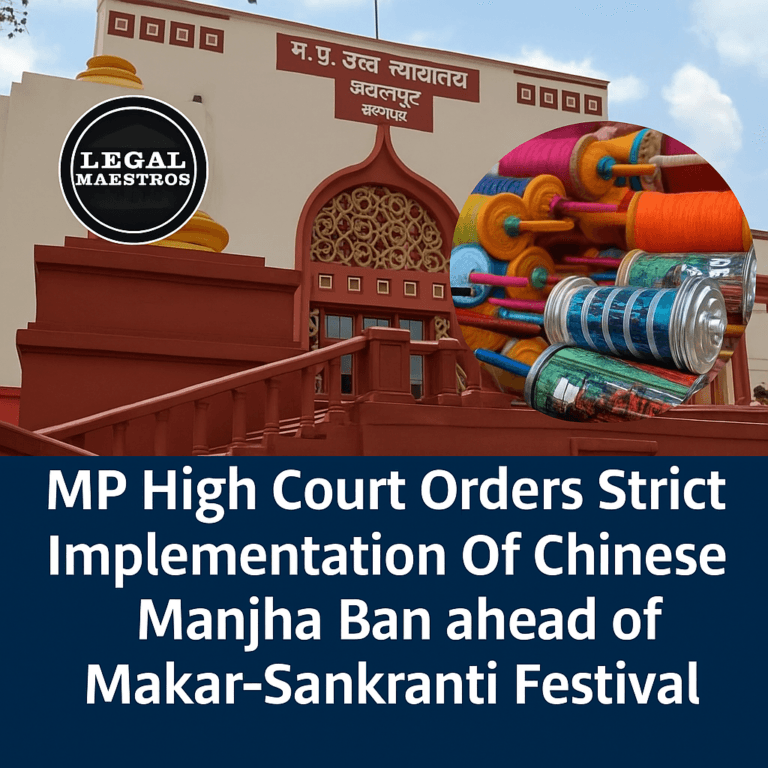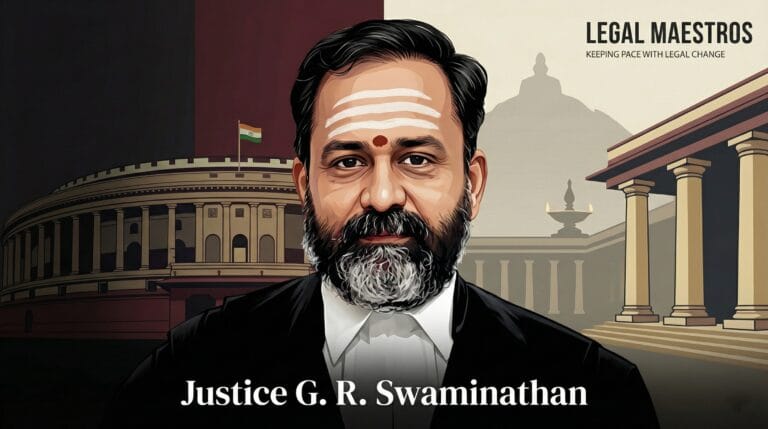
High-Stakes Lenskart IPO Faces Investor Distrust SEBI Regulations Under Fire for Valuation Bubble
Lenskart IPO Is a High-Stakes Offering That Makes Investors Fret.
The Initial Public Offering (IPO) which had been looked forward to so much in the eyewear giant Lenskart has hit a wall of investor suspicion. Peyush Bansal, a renowned businessman, is the head of the company and it is looking at a rich valuation of around 70,000 crore rupees. This amount has raised a lot of eyebrows among market analysts, fund managers, and retail investors who are doubting on whether such price tag is a dangerous valuation bubble or not.
This market fatigue is witnessed in this kind of public scrutiny. Investors have not forgotten the agonizing losses on a number of high-profile tech IPOs over the past few years that went public at valuations that were deemed as sky-high only to collapse in spectacular fashion. The Lenskart IPO, which was oversubscribed on day one, is currently perceived to have been a significant trial of the market on whether it could consume expensive priced digital retail companies.
It is not only the company but the financial ecosystem that enables such pricing which is subject to criticism. The IPO has received public criticism by veteran investors who have described the Indian IPO market as the dumbest ever. They claim that investors are making an irrational decision of buying an overly expensive lottery where the largest payouts have already been made by early entrants than simply a herd mentality decision.
For any queries or to publish an article or post or advertisement on our platform, do call at +91 6377460764 or email us at contact@legalmaestros.com.
The key issue in the controversy is the amazing figures. The valuation of 70,000 crore rupees would translate to a price-earnings (P/E) ratio of more than 230 times of its earnings in the 2025 financial year. This is a very high demand multiple much higher than most of the established, profitable and large-scale Indian companies. Opponents say that this valuation is not a reflection of current profitability, rather a high-risk speculation of future growth.
The Valuation Debate: Priced for Perfection.
The judgments of analysts and brokerage firms have not been spared as several have described the valuation of the IPO as being stretched and very demanding. This gives the company very little room to make an error in order to be able to charge highly. In the high price range of 402 rupees per share, the valuation is being put against some of the already established giants such as, MRF Ltd. and Godrej Properties, and whether Lenskart has a value that is questionable.
One of the biggest warning signs to the investors is the quality of the reported profits of Lenskart. Although the company realized a net profit of 297 crore rupees in the 2025 financial year and made it profitable, this number is not what it seems. According to analysts, this profit is a one-off, non-cash profit amounting 167.2 crore rupees pertaining to an acquisition. This implies that the trailing, normalized profit of its core business is considerably lower causing the 230x P/E ratio to appear even more blown out of proportion.
This has caused a significant controversy of social media, particularly with the public face of CEO Peyush Bansal being a judge of Shark Tank India. Bansal is also known to grill founders on their high valuations in the show. Opponents today have begun to accuse him of a two-sided standard where he is a strict valuator as an investor and an indifferent person to the same issues as a founder. This seeming hypocrisy has been much ridiculed by the retail investors in the online world.
The mistrust is also enhanced by the nature of the IPO. The entire problem is a combination of fresh issue of shares and a huge Offer for Sale (OFS). The company is not investing much of the money that is raised in the company to grow, given that this component of the OFS is valued at over 5,100 crore rupees. Rather it is being utilized to give an exit profitably to early investors and promoters including Bansal himself.
The Customer Value Comment and Market Reaction.
A particular remark made by founder Peyush Bansal caused the IPO public relations battle to take a turn towards a unpleasant path. Bansal came under fierce criticism when he was asked point blank in an interview what value had been left on the table to the new public investors. According to him, as a businessman, he must create value to the customer and that the market determines the valuation.
The investment community took this remark as arrogant towards shareholders whose main aim is to realise financial gains. The statement was considered as a huge gaffe in the context of an IPO that is an appeal to the common investors. It appeared to verify the anxieties that the IPO was created as an exit of early investors at the cost of new retail investors who would be acquiring at the peak.
The reaction was swift, and there was a controversy concerning the very point of an IPO. Some mutual funds, although they defended their investment, as Lenskart had a good business model and reliable promoters, were publicly critical. One of the alternative investment funds boasted of not going through the IPO, and old hand investor Shankar Sharma, although he insisted that Lenskart priced higher than previous IPOs, described the Indian market as a grand show where each second, a sucker is born.
This accident has brought out an enormous disparity that has disrupted investor confidence. It was reported that Bansal had actually bought stocks only a few months ago at a valuation of some 8,700 crore rupees. This has seen the company being taken public at a valuation of 70,000 crore rupees, roughly an eight-fold increase, which has brought the allegation of aiding and abetting a process of looting the public and has also been compared to the fateful IPOs of other companies such as Paytm and Nykaa.
SEBI Regulations Under Fire
The Lenskart IPO has attracted not only the eye of individuals on the issue but has also cast the position of the regulator the Securities and Exchange Board of India (SEBI) into question. The question to more and more investors and market analysts is why the regulations by SEBI are not being used to curb this trend of overpriced IPOs and how to avoid the creation of huge valuation bubble.
SEBI has traditionally argued that it does not and should not participate in the price discovery of an IPO. It is tasked to ensure that firms, in their draft prospectuses, give complete and true information. The philosophy of the regulator is that provided that all financial and risks are revealed, the decision on a fair price is left to the market. Critics however claim that this hands off approach is no longer effective.






